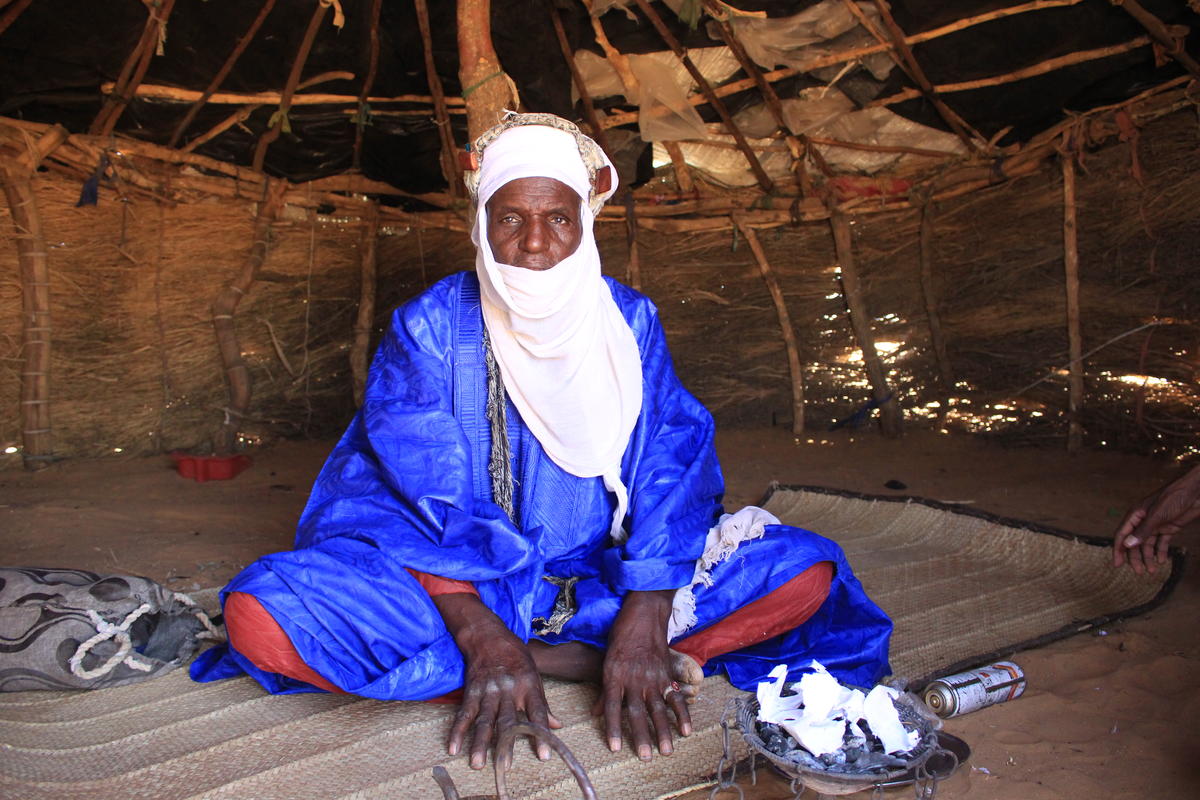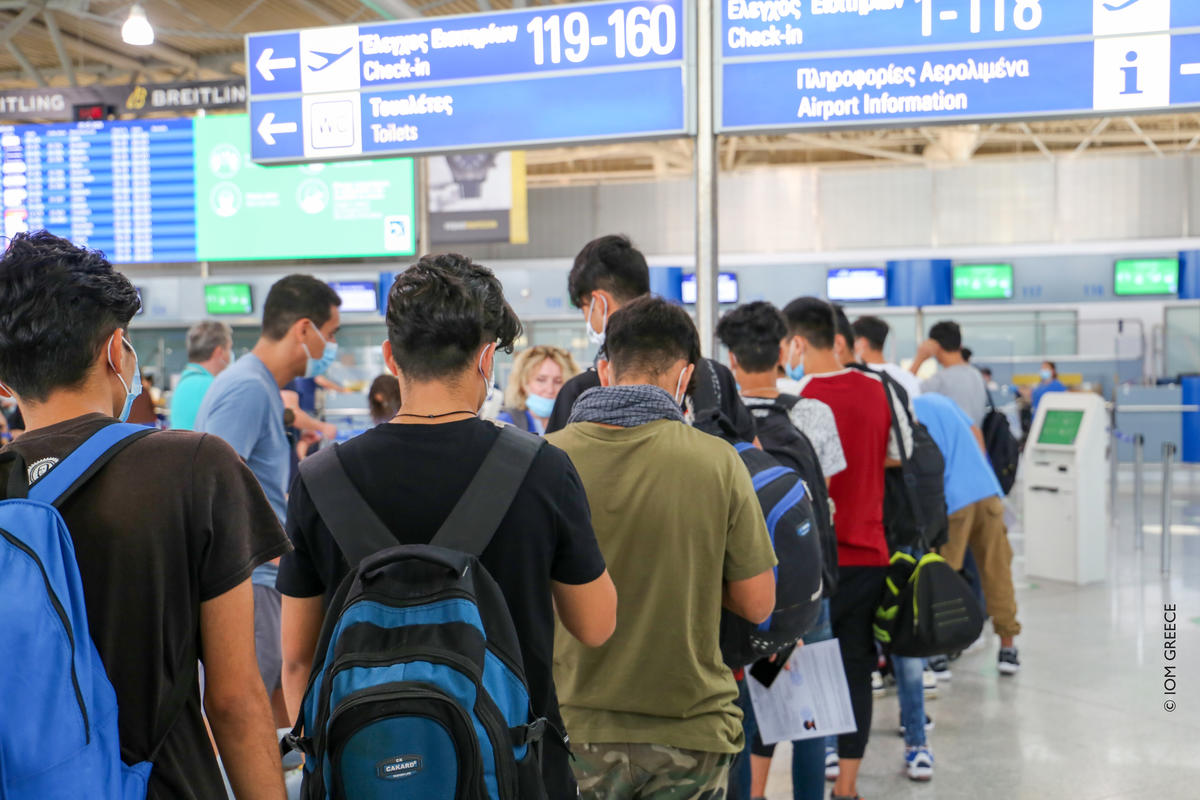Gulf of Aden smuggling resumes
Gulf of Aden smuggling resumes
The annual, deadly business of smuggling people across the Gulf of Aden from Somalia to Yemen has resumed. Although weather conditions are still rough, UNHCR staff in Yemen have already helped several hundred survivors in four open fishing boats that arrived in the past week. Four people who embarked on the first boat are believed to have drowned.
Despite UNHCR's repeated calls for international action to address the problem of smuggling and minimize the number of deaths, this problem is continuing. Last year about 100 people a day arrived during the September to April sailing season and now large numbers of potential passengers are waiting in Somalia for their turn to try the voyage. Survivors said three boats are now active in smuggling people to Yemen. Many will die before they reach shore - certainly hundreds have died in each of the three previous years.
The boat that arrived in Yemen last Saturday had 97 survivors aboard, 54 of them Somalis and the rest from Ethiopia. As is often the case, the survivors said the boats had carried no food or water and the crew had beaten passengers. Four passengers died when the crew forced everyone overboard while still far from shore. The bodies of two have been recovered and buried.
Two days later a second boat, with 87 passengers, arrived in Yemen - 85 Somalis and two Ethiopians. On Tuesday, two more boats arrived with a total of 179 people, 111 Ethiopians and the rest Somalis.
The survivors have cited security, drought and economic hardship as the reasons for risking their lives to reach Yemen. Yemen is one of the few countries in the region that has signed the 1951 Refugee Convention and has been generous in receiving refugees. There are currently more than 88,000 registered refugees in Yemen, of which 84,000 are Somalis.
Of those on the first boat this season, 85 percent said they intended to leave Yemen to seek jobs in the richer Arab states of the Gulf. UNHCR, which has a reception centre and camp in Yemen, checks if those arriving are asylum seekers or people already recognized as refugees elsewhere.
The smugglers are operating from Bossaso, the chief commercial port of Puntland - a self-declared autonomous area in north-east Somalia - that is one of the world's busiest smuggling hubs. UNHCR has worked with authorities in Puntland to inform people about the dangers of using smugglers to cross the Gulf of Aden. Last January, the UN refugee agency produced a video and radio programme to raise awareness of the risks of such crossings.
In addition, UNHCR and the International Maritime Organization have just prepared a leaflet for captains, ship owners, government officials, insurance companies, and others involved in rescuing "boat people". It gives guidance on legal requirements and procedures to ensure the prompt landing of survivors and meeting their needs, particularly in the case of refugees and asylum-seekers.
UNHCR has called for international pressure on local authorities in Puntland to crack down on the hazardous traffic. But at the same time, it has called on donors to support efforts of the international community to improve protection and assistance to internally displaced persons in Puntland, where very difficult living conditions encourage desperate measures like using smugglers to reach Yemen.








